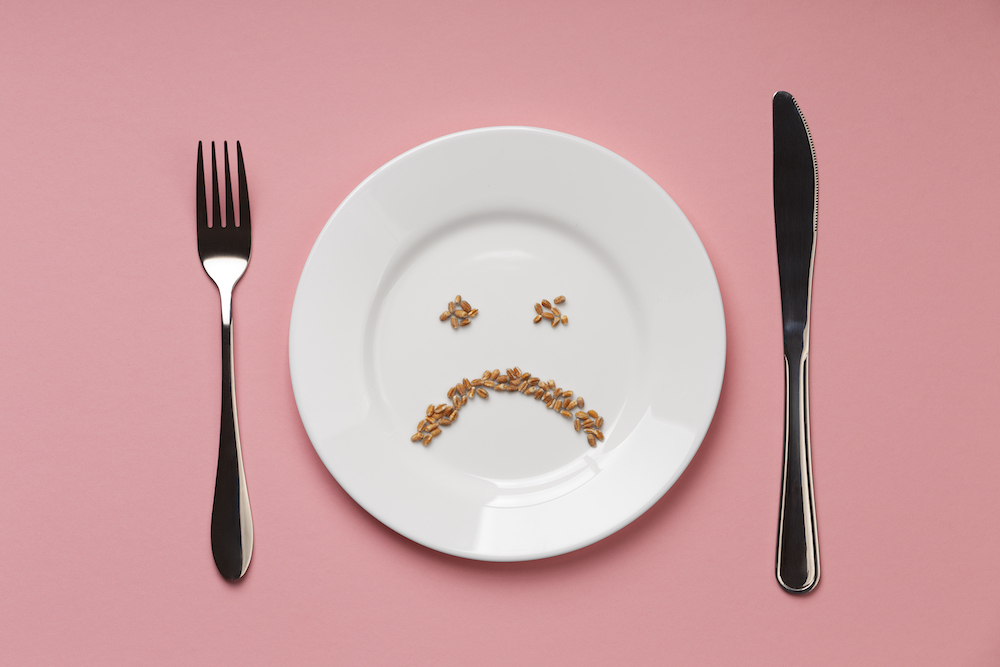How unhealthy is skipping a meal?

How unhealthy is skipping a meal?
You may be busy in the morning with your children, doing your makeup, or simply waking up late, which can lead to missing breakfast. However, do you know the effects this can have on your body?
Constantly being distracted
Skipping a meal has various consequences for your body, brain function, and mood throughout the day. It can make you (hangry) irritable, causing you to snap at others and get easily angry over small things. This is not pleasant for those around you. Your cognitive function is affected, leading to stress and a decline in memory. Your concentration diminishes, giving you the feeling that more things are going wrong.
Binge eating
Skipping a meal triggers the production of hunger hormones, making you feel less satiated. It’s possible that you may overeat or experience intense hunger in the evening, leading to episodes of binge eating. This often results in reaching for unhealthy snacks instead of nutritious foods. So, having your yoghurt in the morning is better than stuffing yourself with food before bedtime.
Craving for sweets
When you skip a meal, your blood sugar levels fluctuate. Your body may go into a conservation mode, reducing certain functions and causing a deficiency in glucose. As a result, your body craves a chocolate bar or another snack to raise your blood sugar levels quickly.
Choosing between a wig or breakfast
Skipping a meal for an extended period can affect your hair, nails, skin, and even muscle tone. Your body allocates fewer nutrients to these parts, affecting your appearance. During workouts, you may experience dry skin, thin and lifeless hair, more brittle nails, and decreased strength.
Weight gain
When you skip a meal, it’s not just about eating more. Your body also responds differently to energy. It becomes anxious about potential energy shortages and starts storing calories as fat. This leads to an increased absorption of fats, potentially causing weight gain. If you do manage to lose weight, it’s often difficult to sustain. When you return to regular eating, your body continues to store calories because it doesn’t know when it will receive sufficient nutrients. This can lead to quick weight gain.
A problem for later
People who are overweight often have misconceptions about skipping breakfast. They believe that skipping breakfast will impact their overall calorie intake. However, this is usually not the case, as skipping breakfast increases the likelihood of snacking in the afternoon. Additionally, there is an increased risk of developing type 2 diabetes later on. Studies have shown that skipping breakfast increases the risk of type 2 diabetes by 22%, and this applies not only to those who are overweight. Therefore, it’s crucial to prioritise breakfast.
Tips to ensure you don’t miss a meal:
- Prepare your breakfast the night before.
- Buy healthy snacks like carrots and cucumbers.
- Make time to eat.


